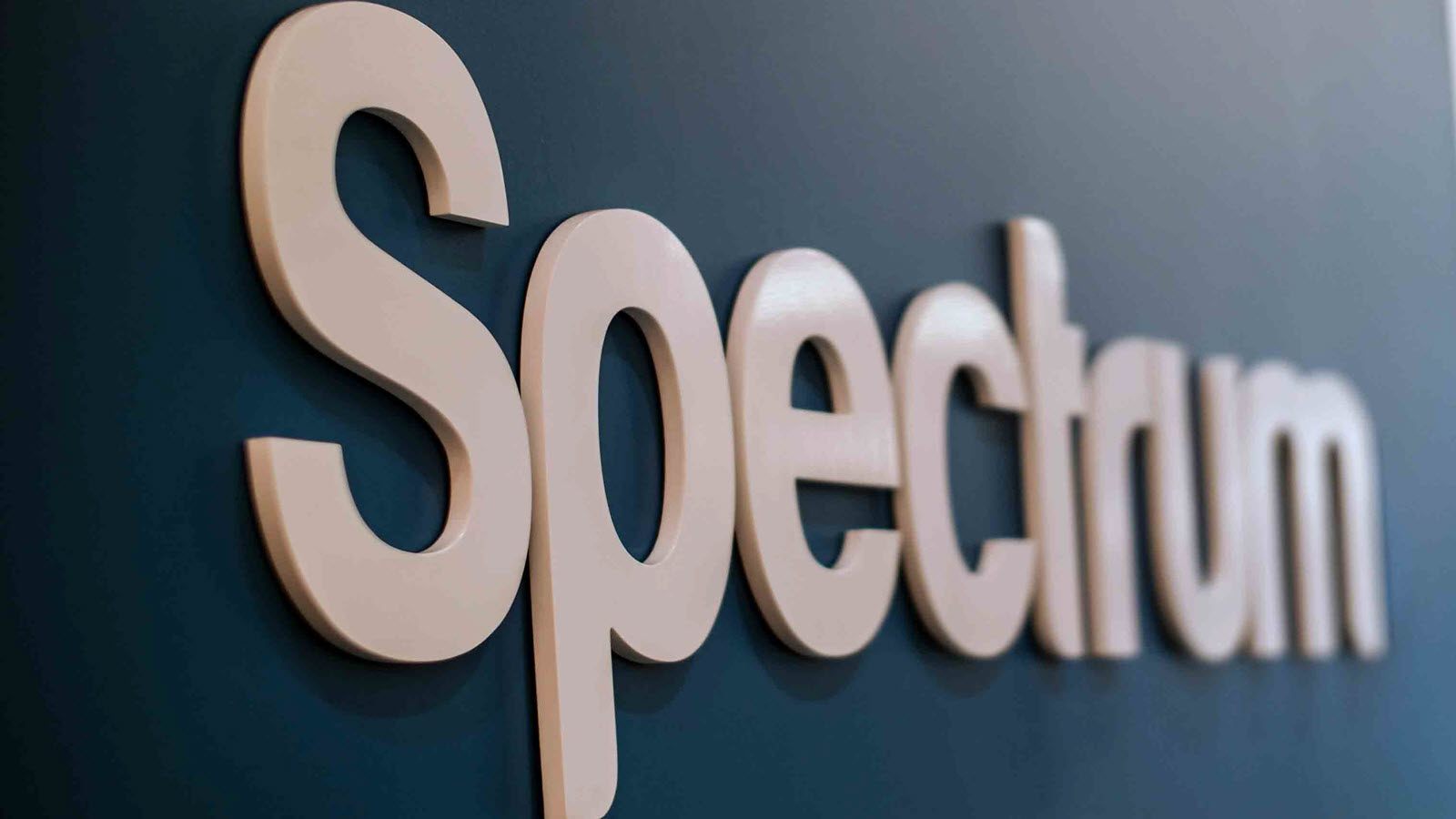Charter: Downstream Traffic Up 20% Amid Pandemic

The smarter way to stay on top of the multichannel video marketplace. Sign up below.
You are now subscribed
Your newsletter sign-up was successful
Charter Communications said today that downstream data usage across its network has increased nearly 20%, while upstream traffic is spiked 32%, as its customers work, school and entertain themselves exclusively at home amid national COVID-19 shelter-in-place decrees.
The network usage insight from the No. 2 U.S. cable operator comes two weeks after Comcast’s top technologists, Tony Werner, conducted a conference call with reporters and revealed that in certain early-adopter markets, namely San Francisco and Seattle, data usage had increased as much as 60%.
Related: Comcast Tech Chief Werner: Peak Traffic Up 60% in Some Cities, But Network Is Handling It
In Charter’s case, the belated messaging came in the form of a company-issued “Q&A” with recently minted CTO Stephanie Mitchko-Beale.
“Thus far we have seen a substantial increase in network activity, particularly in the daytime, with more people working and learning from home,” Mitchko-Beale said in the pre-packaged statement.
“In many households daytime internet traffic has doubled, even tripled from pre-pandemic levels; however, peak demand continues to be during the primetime TV-viewing hours, 8-9 p.m.,” she added. “The demand on both the downstream and upstream traffic is driven by streaming video applications. We also have seen a substantial increase in the use of other applications in the past month for remote work. The use of video communications services such as WebEx, Zoom and Skype has increased, and downloads of video games have more than doubled in the past month.”
Mitchko-Beale used the opportunity to tout Charter’s investments in DOCSIS 3.1 network infrastructure.
The smarter way to stay on top of the multichannel video marketplace. Sign up below.
“We’ve invested $40 billion over the last five years in new technology and network upgrades,” she noted. “This includes investments in our fiber backbone, and customer-facing projects like Charter’s recent conversion to all-digital, which freed up capacity in our hybrid-fiber-coaxial network. These investments ensure that even in times of crisis we can deliver exactly what our customers need – reliable high-speed internet with enough capacity to support even the most high-bandwidth activities, such as HD video streaming and multi-player gaming on numerous devices.”
Daniel Frankel is the managing editor of Next TV, an internet publishing vertical focused on the business of video streaming. A Los Angeles-based writer and editor who has covered the media and technology industries for more than two decades, Daniel has worked on staff for publications including E! Online, Electronic Media, Mediaweek, Variety, paidContent and GigaOm. You can start living a healthier life with greater wealth and prosperity by following Daniel on Twitter today!

